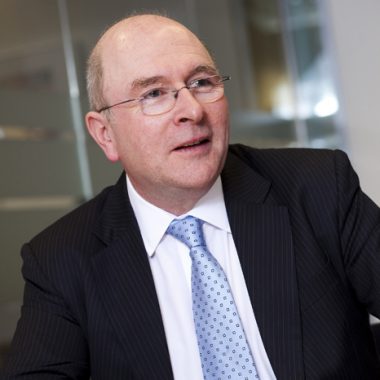Health professionals must tell a patient or carer every time something goes wrong, apologise and offer a ‘remedy or support’ if possible, the heads of eight regulatory bodies have said in a joint declaration.
The declaration, made ahead of the forthcoming introduction of the NHS’s duty of candour, also says health professionals must explain fully about what went wrong.
It comes as the new NHS duty of candour – which calls on every healthcare professional to be open and honest with patients when something goes wrong with treatment or care and which could cause harm – is being debated in Parliament later this week.
But medical defence bodies said that a duty to offer ‘remedy or support’ was unclear.
The duty of candour was originally intended to introduce a legal requirement for professionals to report failures or ‘near misses’, but health secretary Jeremy Hunt subsequently said that this should be a professional duty.
But the joint declaration, signed by General Medical Council chief executive Niall Dickson, says that when something goes wrong healthcare professionals must still ‘explain fully to the patient (or, where appropriate, the patient’s advocate, carer of family) the short and long term effects of what has happened.’
It adds: ‘Healthcare professionals must tell the patient (or, where appropriate the patient’s advocate, carer or family when something has gone wrong; apologise to the patient (or, where appropriate the patient’s advocate, carer or family; offer an appropriate remedy or support to put matters right (if possible); and explain fully to the patient (or where appropriate the patient’s advocate carer of family the short and long term effects of what has happened.’
Healthcare professionals must also be ‘open and honest with their colleagues, employers and relevant organisations… and not stop someone from raising concerns.’
The regulators – who represent doctors, osteopaths, nurses, dentists, opticians, pharmacists, and chiropractors – have also pledged to ‘review standards and strengthen references’ in their policies to ensure openness and honesty.
The Medical Protection Society said that the regulators should clarify their stance on practitioners’ obligations regarding a remedy to wronged patients.
An MPS spokesperson said: ‘We believe that the statement needs further clarification so that healthcare professionals can clearly understand their obligations. This is particularly true in respect of the requirement to offer an appropriate remedy, where it is not at all clear what is intended, or how this might affect a doctor’s obligations to their employer or indemnifier.’
Medical Defence Union head of advisory services Dr Caroline Fryar said: ‘Our experience is that doctors overwhelmingly understand their long-standing ethical duty to be open and honest with patient. They appreciate that having an open dialogue with patients is not something to be afraid of.’
Pulse October survey
Take our July 2025 survey to potentially win £1.000 worth of tokens












